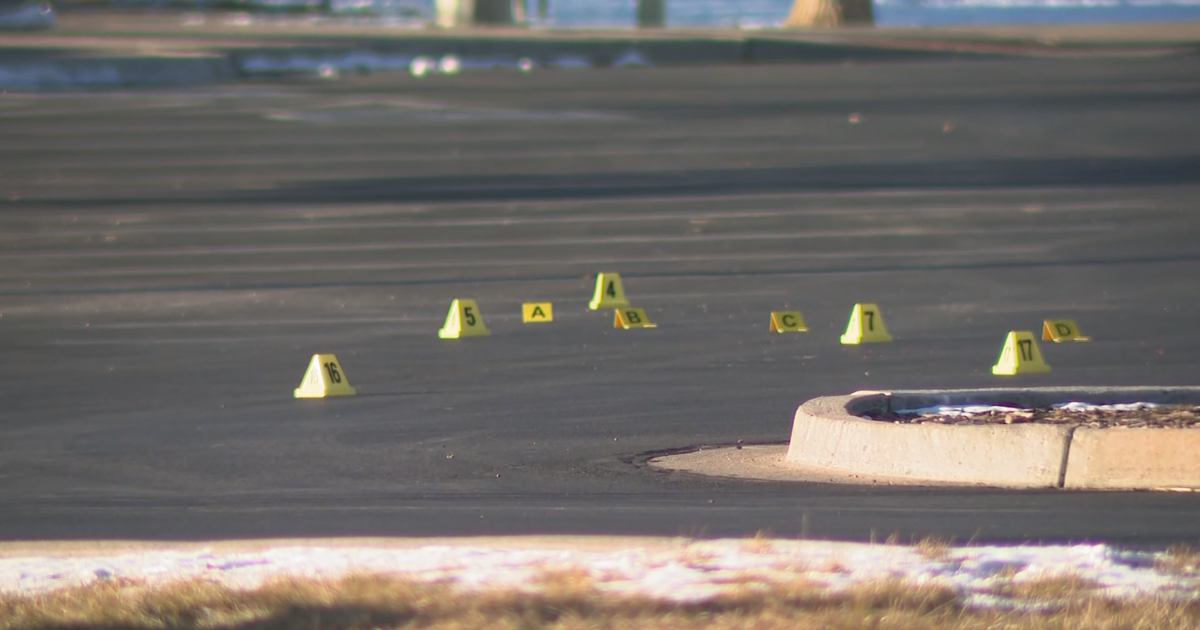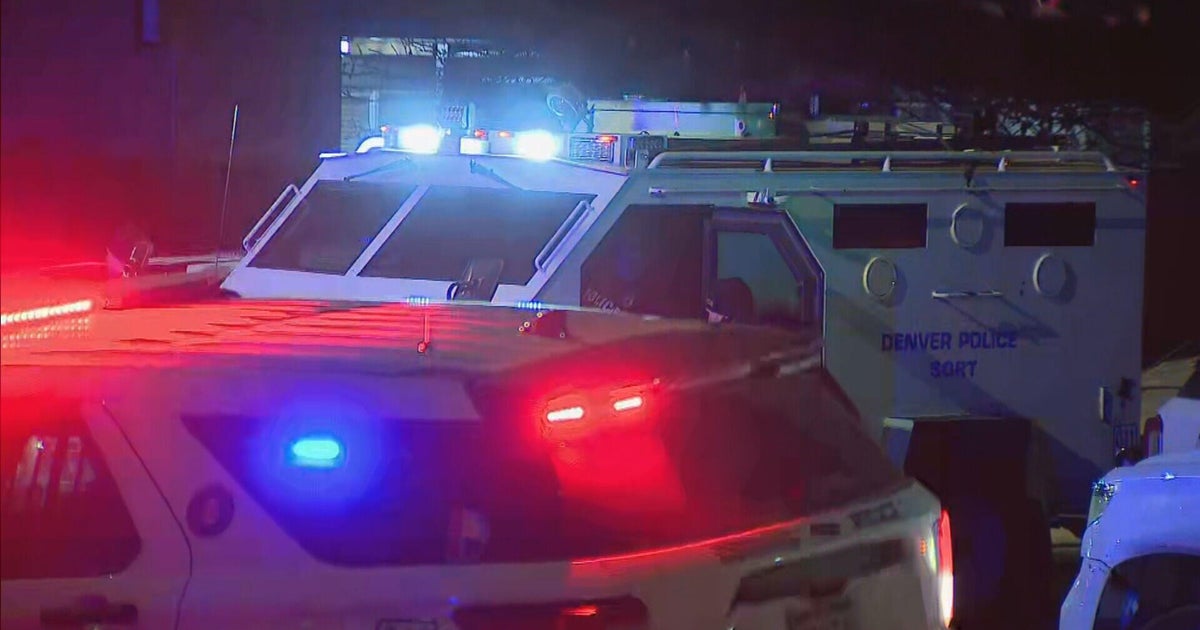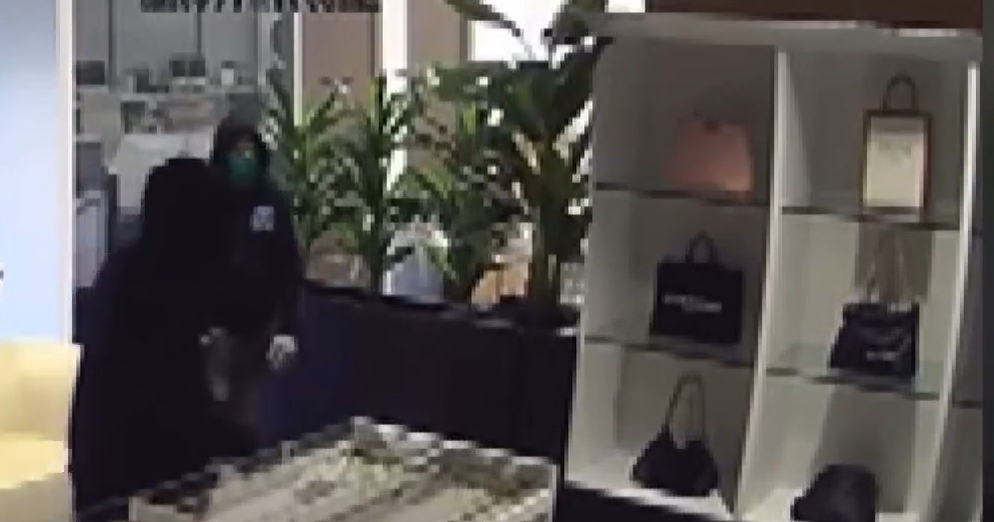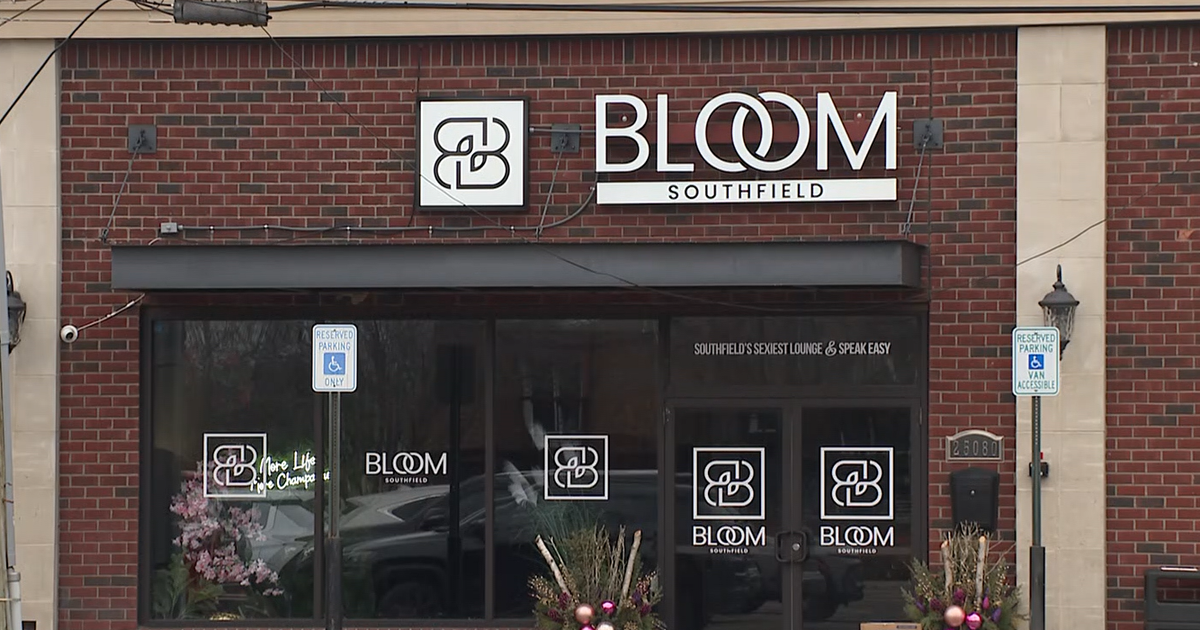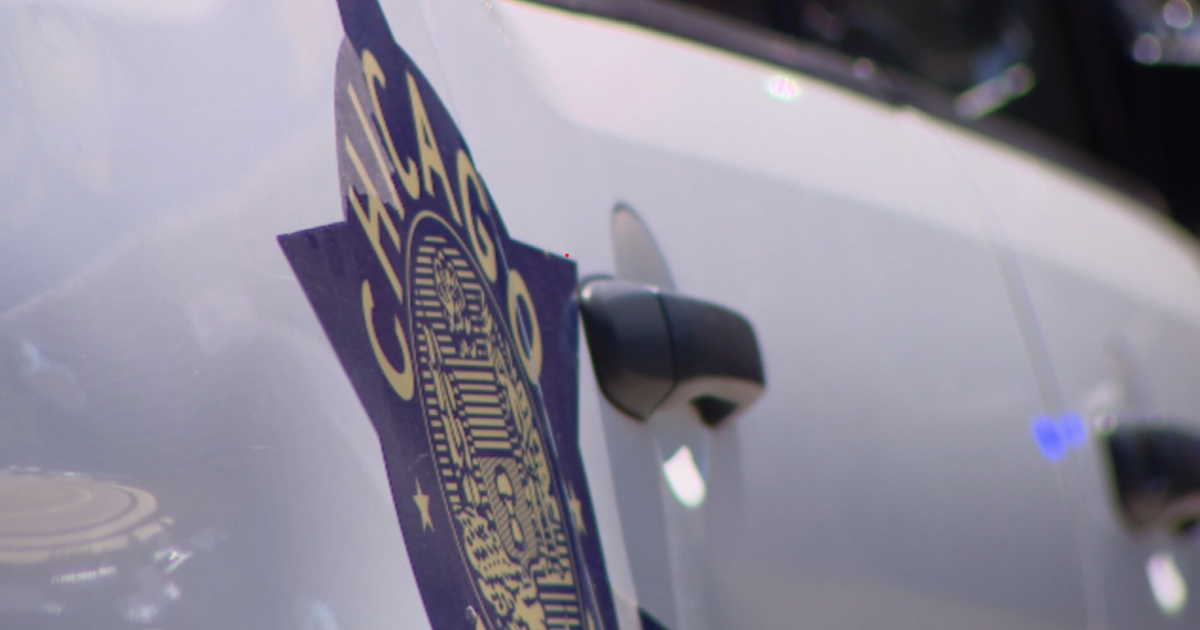Sex Club Files Suit Against DPD

DENVER (CBS4) - The owner and two volunteers at a former Denver swingers club filed a civil lawsuit this week against the Denver Police Department claiming officers used excessive force on an employee, then stole a videotape that police believed showed the incident.
Denver police are strongly disputing the charges of stealing evidence.
"That's absolutely untrue," said Denver police spokesman Lt. Matt Murray when told of the lawsuit accusations. "I think they are seeing something and trying to make something bigger out of it."
The lawsuit arises out of a DPD raid on the Scarlet Ranch, a swingers club that was located at 424 Broadway in Denver. The club has since moved to a new location in Littleton.
Videotape broadcast by CBS4 shows Denver vice officers entering the club May 5, 2010 as part of an investigation into potential illegal drug use and unlicensed alcohol sales at the establishment. Within a few minutes, the officers encountered Bradley Mitchell, who is characterized as a club member and "volunteer."
When officers asked Mitchell for keys so they could enter the club's office, Mitchell refused to provide the keys, insisting on seeing a search warrant, which the officers did not have and said they did not need.
Officers then arrested Mitchell for interference. Videotape shows Mitchell, who was seated, being pulled up by an officer and forcefully thrown to the ground. Several officers strike Mitchell who they say was uncooperative, hostile and resisting arrest.
"I determined the suspect posed a significant officer safety risk to myself and the officers posted nearby," wrote Sgt. Daniel Steele.
"There was no justifiable basis to do that," said attorney Lonn Heymann, who represents the club. "When they got a little pushback they got frustrated and angry and took out that frustration on Brad."
Mitchell told the vice officers that the takedown had been recorded by a surveillance camera. Additional videotape then shows the officers in another room at the club, searching for the recorder that held the surveillance tape Mitchell had mentioned. Officers can be seen finding a machine, climbing up on a chair and removing a videotape from the machine. However the tape that they removed was not the surveillance tape and was unrelated to what had occurred.
On an evidence log listing what the officers took from the Scarlet Ranch that night, there is no mention of the videotape officers are seen removing from a machine.
"Our theory of why they took the tape is they were destroying evidence of the previous wrongful excessive force," said Heymann. "They believed they had footage of what had happened. That's our allegation and complaint. Under the circumstances, a reasonable explanation is they were trying to destroy evidence of what they had done,"
Heymann said the tape in question was a movie, not club surveillance video.
Heymann said the tape disappeared and was never seen again. He accuses police of trying to "steal and conceal."
"Members of Vice Team 50 attempted to conspire to cover-up and conceal the evidence of police misconduct," the lawsuit states.
"It's easy to make these kinds of accusations," Murray said.
Murray told CBS4 there is a completely innocent explanation for what the club cameras recorded. He acknowledges officers went hunting for the surveillance tape.
"They have to document what happened in that room, so they were looking for it as evidence in his new case of resisting arrest and for our use of force investigation. They were looking for a tape to document what happened in the room," Murray said.
Murray described the accusations in the lawsuit as having "no merit, no basis. Officers should be looking for evidence like that. That's exactly what they should be doing and I think that's what the public expects them to do."
He said the videotape was not mentioned on the police evidence log of what was taken because he insisted officers left it behind when they determined it was not a surveillance tape and not relevant to their investigation.
"There's no cover up," Murray said.
Heymann said the tape in question was not left behind by police and was never located after the raid.
Police charged Mitchell with resistance, interference, dispensing alcohol without a license and providing glasses/mixers for alcohol. He said he was jailed for 13 hours. But five months after the raid, a Denver judge dismissed all criminal charges against Mitchell, apparently because a police officer did not show up for multiple court appearances.
Heymann said his clients hope the lawsuit leads to policy and procedural changes at the Denver Police Department and compensation for the violation of their constitutional rights.
LINK: Read The Entire Lawsuit

